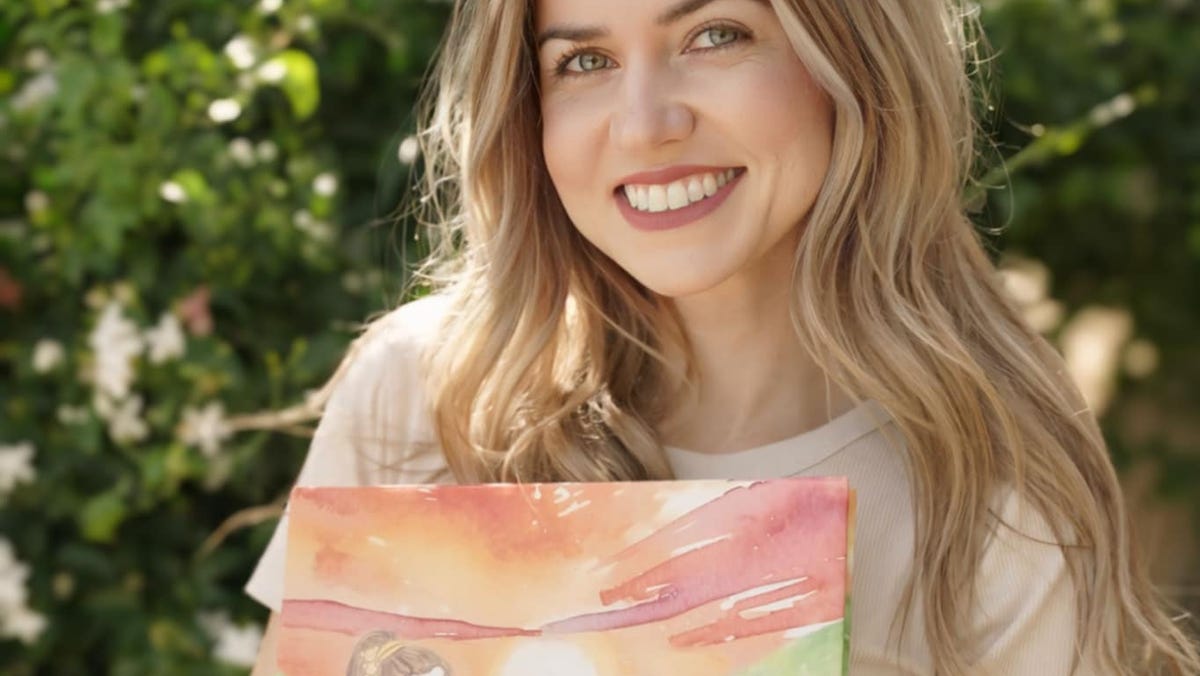In a time of division, our classrooms can lead with compassion.
Anesa Kajtazovic
| Guest columnist

Ugbad Abdi named among USA TODAY’s Women of the Year for Iowa
Ugbad Abdi, a Somali-born refugee who was discovered on Instagram as a teenager in Des Moines, is one of USA TODAY’s Women of the Year.
Anesa Kajtazovic came to Iowa as a 10-year-old refugee from the Bosnian War. She served two terms in the Iowa Legislature and recently published her first children’s book, “Anesa, No Škola Today.”
This month, millions of children across the country are returning to school, stepping into new classrooms, meeting new teachers, and navigating the familiar rhythm of learning and growth. But for many refugee and immigrant children, this season brings with it another layer of challenge. The classroom can be a place of opportunity, but also a place of fear, isolation, or invisibility.
I know this because I was once one of those children.
When my family fled war-torn Bosnia and arrived in Iowa, I was 10 years old. I did not speak English. I did not understand the culture. I had lived through experiences most people in my new classroom could not imagine. Yet I was expected to keep up, fit in, and stay quiet about all I had experienced.
I remember the sting of a classmate asking if I had ever seen a television. The question was not meant to be cruel, but it exposed a gap in understanding that refugee children feel every day. The truth is, many of us arrive carrying stories too complex for a 10-year-old to explain and too heavy for a classroom to hold without intention.
This inspired me to write “Anesa, No Škola Today” — a children’s book based on my own experience as a refugee child. I wanted young people who come from immigrant and refugee backgrounds to see themselves reflected in a story. I also wanted to offer other children, teachers, and parents a way to start conversations about empathy, belonging, and resilience.
This is about more than one book. It is about the urgent need to create classrooms where all children feel safe, seen, and valued. In a time when political leaders debate which stories belong in classrooms, and when services for immigrant and refugee communities are being cut, we have a moral responsibility to stand up for our youngest and most vulnerable.
Education should be a place of healing, not harm. It should be a space where children from all backgrounds are invited to bring their whole selves, including their culture, language, and lived experience. For refugee children, whose lives have often been uprooted by violence, instability, and loss, a kind word from a teacher or a story that sounds familiar can mean everything.
Iowa has long had a tradition of welcoming newcomers. From Southeast Asian communities in the 1970s to Bosnian refugees in the 1990s to more recent arrivals from Afghanistan, Sudan, and Central America, we have shown the nation what it means to lead with compassion. That legacy must continue.
As we head into a new school year, I urge educators, parents, and community leaders to look around and ask, “Who among us still feels like an outsider?” Then do the harder work of making space. Buy books that reflect different cultures and identities. Learn how to pronounce every child’s name correctly. Invite students to share where they come from and what matters to them. Celebrate stories that do not always match our own.
For those of us who were once the new kid in class, these simple acts can change everything.
I wrote this book to honor the experience of refugee children — past, present, and future. But more than that, I wrote it to remind us that the strength of our classrooms and our communities depends on how well we care for those who have already endured so much.
Let us begin this school year not with fear, but with welcome. Not with suspicion, but with kindness. Because how we treat the most vulnerable among us says everything about who we are. The children are watching.
Anesa Kajtazovic came to Iowa as a 10-year-old refugee from the Bosnian War. She served two terms in the Iowa Legislature and recently published her first children’s book, “Anesa, No Škola Today.”
